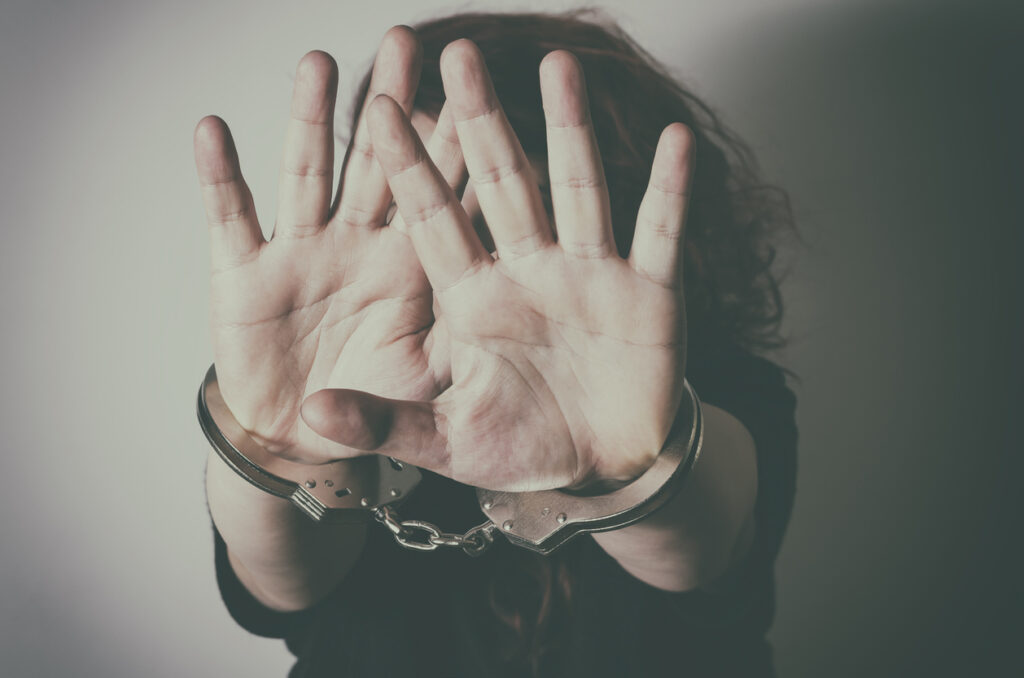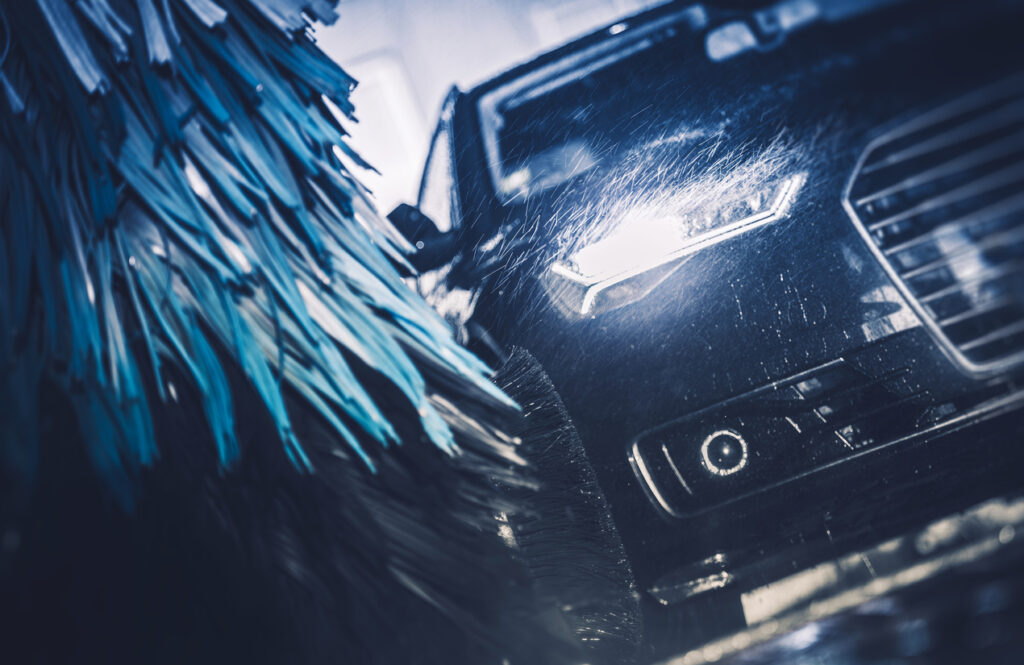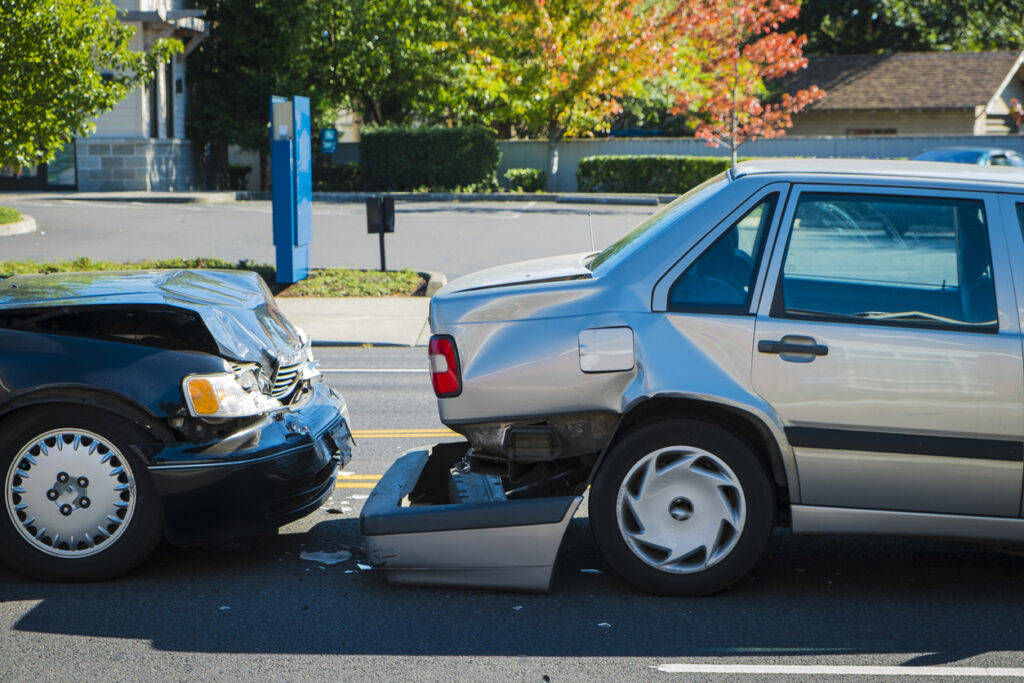Potential Signs of Human Trafficking
Unfortunately, and incomprehensibly, we are growing accustomed to seeing daily news reports of human trafficking and exploitation of children and adults. Thanks to the internet, this multi-billion dollar industry, which boasts over 100,000 dedicated websites, is among the fastest growing online business sectors in the United States. At what point do we say enough already? …




